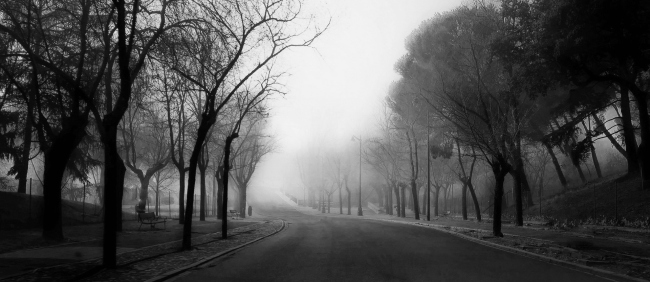For the past few weeks I have been deeply reflecting on an issue which I found myself surprised to be affected by.
I found myself being extremely concerned about how society will transform given the advancements in technology specifically in the areas of artificial intelligence (AI), virtual reality and neuro-technology. The future seems to be heading towards having at least an additional reality to participate in with the physical reality as we know today becoming less relevant akin to the portrayal of society in the movie Ready Player One.
This topic I suppose, emerged primarily as a result of my exposure to content pertaining to psychology, neurology and technology for the past 6 months which ranged from materials by Dr Jordan Peterson, Dr Richard Haier, Elon Musk, Nicholas Carr and others.
And this seemed reasonably natural.
However, what I found fascinating is why this issue has lately acutely struck me.
At the outset I thought it is because I know that the transformation has already begun. Culturally as a society we are ever more dependent on our smart devices for digital connectivity to a point where our brains now map our phones as an extension to our biological-selves.
I understood that the regular use of social media and the internet in general – how it is engineered to continually grab our attention in bite sized portions and leveraging on addictive behaviour – would affect my memory and attention span; I realize I transitioned from not reading the entire article to reading only the headlines to reading only parts of headlines and not bother completing them.
But I found that my profound concern on the plausible direction humankind is heading to stems from a recent self awareness of a deeper alteration in my neurological function/faculty: the way I am processing information is reconfiguring. While I am cognizant of the neuroplasticity of our brains, it is something else to be consciously self-aware of such a fundamental change. It is actually frightening.
I see evidence of this in how I am unable to fully grasp the information I habitually and/or consciously consume from the screen. I could spend an hour flipping through news articles on Facebook and yet the end did not really gain anything out of it. In fact it feels like a complete waste of time. Admittedly I have partly lost that ability to meaningfully consume and synthesize information despite putting in somewhat concentrated effort.
As we welcome and immerse into the virtual world that is approaching, I wonder what other parts of our current selves that would be compromised in this technological venture.
In a dialogue between Socrates and Phaedrus documented by Platos in 370 BC, they weighed the adoption of writing. Socrates made a reference to a tradition where one of the kings of Egypt, Thamus who was also an inventor of many arts and sciences argued against writing as those who rely on reading for their knowledge will “seem to know much, while for the most part they know nothing.” They will not be “filled with wisdom, but with the conceit of wisdom” and that inscribing and reciting symbols which are resemblances of knowledge prevents us from achieving the emotional and intellectual depth that leads to wisdom and true happiness.
When we as a species embraced the technology to write and learned to read, we have possibly compromised some capacity to express, appreciate and internalize the spoken word as we previously did. In the same vein, our neurological circuits today are rewired to the technology we interface with, transmuting and sacrificing parts of senses, processes and selfs (intellectual, emotional, physical etc.). We biologically respond to the technology we choose to embrace.
It is in my view that we are at the same cross junction as when the above dialogue took place; likely a more important and crucial one. Today, serious deliberation needs to take place of the role, function and involvement of technology in view of the inevitable continual evolution of the cybernetic AI-infused collective, and its symbiotic interface with ourselves.
We need to steer this technological machination within the measured course before it redefines reality for us, and moreover consciously and carefully map the next phase of the shared human experience.




